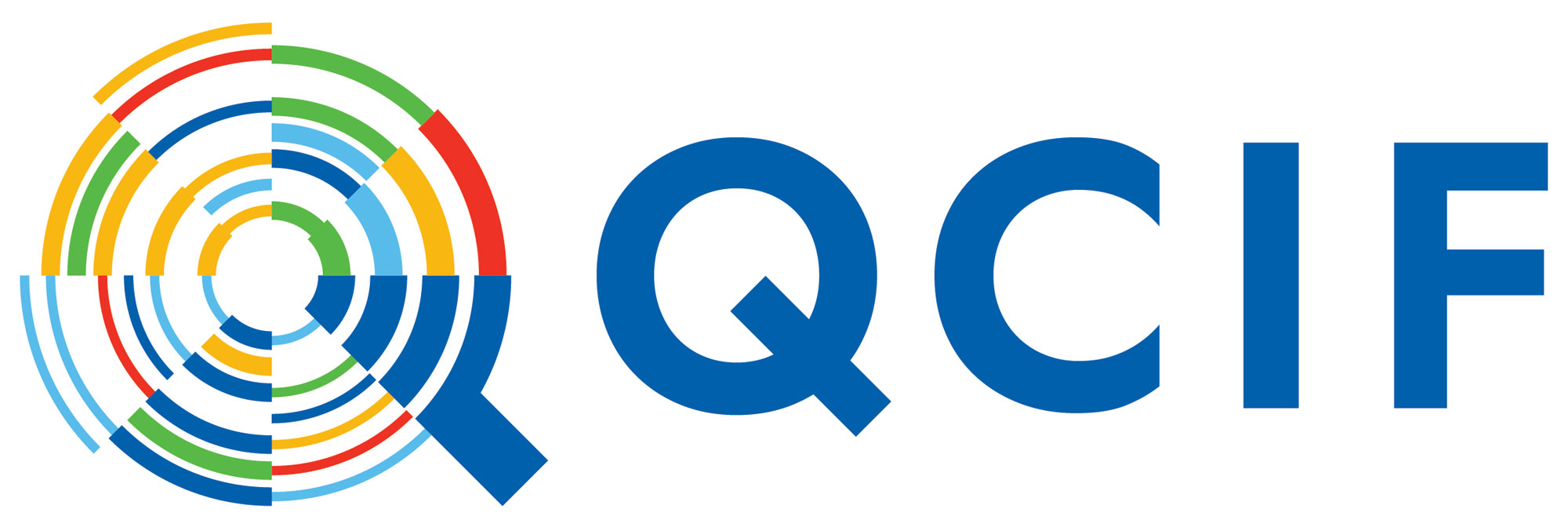Dr Magdalena (Magda) Antczak joined QCIF as a Bioinformatician in February this year.
She joins QCIF after a year-and-a-half of working as a Postdoctoral Research Fellow at The University of Queensland’s Frazer Institute alongside Professor Di Yu, Director of the Ian Frazer Centre of Children’s Immunotherapy Research, and Head of the Systems and Translational T-cell Immunology Laboratory (STTIL) at UQ.
Magda’s research at UQ was focused on developing a bioinformatics pipeline that will assess the strength of the binding of proteins involved in immunological processes.
Her decision to join QCIF was based on both professional and personal considerations. “I was attracted to my new role because it offers me the opportunity to utilise my expertise to assist researchers, whilst also allowing me to continue learning and developing new skills,” Magda explained. “Moreover, I was impressed with QCIF’s highly organised and supportive work environment, which places great emphasis on maintaining a healthy work-life balance for its employees.
“I am looking forward to working on diverse projects that will let me engage with many research groups and help them achieve their scientific goals. By sharing my bioinformatics research expertise with them, I hope to improve public health in a small but meaningful way.”
Director of QCIF Data Science Dr Dom Gorse said: “QCIF’s research support capabilities in bioinformatics just got stronger with the addition of Magda, a skilled bioinformatician with a passion for contributing to health research through innovative data analysis.”
Magda is interested in designing and implementing bioinformatics pipelines to advance medicine, especially involving more personalised treatments.
She has gained broad experience in various areas of bioinformatics, including protein function and structure prediction, processing of whole exome sequencing (WES) and single-cell ribonucleic acid (RNA) data to solve burning questions in medical science.
She is passionate about programming, especially in Python, as well as data visualisation and science communication.
Magda, who is originally from Poland, obtained her PhD from the University of Kent in England where she was involved in projects dedicated to identifying protein function and variation. Her findings have contributed to an increased understanding of the mechanisms in which cancer cells develop resistance to various anti-cancer drugs as well as the fundamental cellular functions, which were summarised in her manuscript “Environmental conditions shape the nature of a minimal bacterial genome” (Antczak M. et al. Nat. Commun. 2019, 15;10(1):3100).
Before switching to bioinformatics, Magda gained a Master’s in Engineering (Financial Mathematics) from Poland’s Gdansk University of Technology.
As an introvert, Magda likes to relax at home in her spare time. She does all kinds of crafts, such as crocheting, cross-stitching and embroidering, while watching comedy TV shows in the background. She also likes reading and is currently going through the book list from Reese Witherspoon’s book club.

